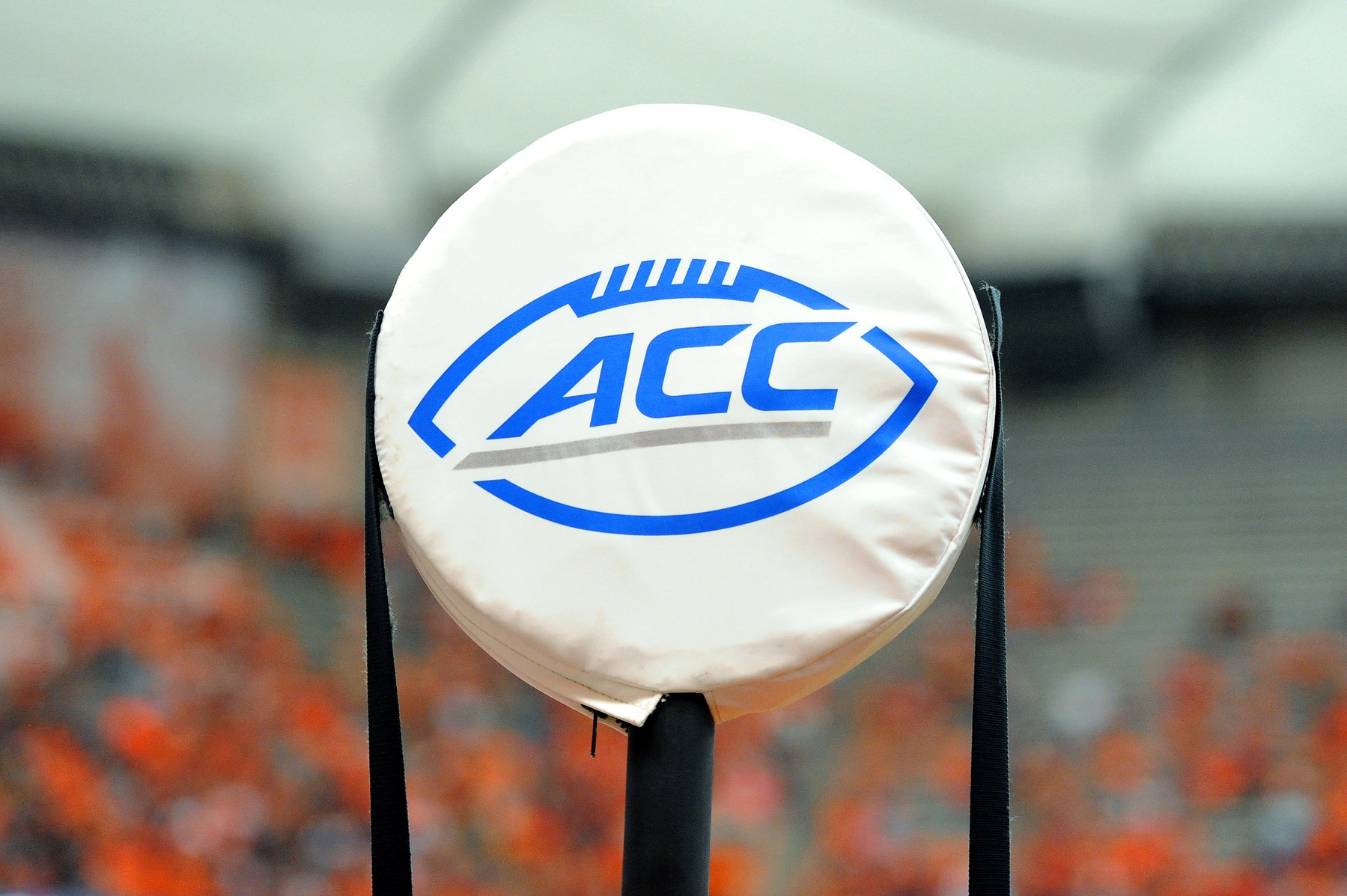The Big 12, ACC, and Big Ten have already approved the House vs. NCAA settlement, with the SEC and Big Ten expected to follow suit. But what is the lawsuit for, why should the Power Conferences accept the settlement, and how will it change college football forever?

Breaking Down the House vs. NCAA Case
In June 2020, Grant House, a former Arizona State swimmer, and Sedona Prince, a TCU women’s basketball player, filed a suit against the NCAA, claiming the associate’s pre-name, image, and likeness (NIL) ban on student-athlete compensation violated antitrust regulations.
US District Court judge Claudia Wilken granted class-action certification for the damages, expanding the case to any Division 1 athlete dating back to 2016 (in accordance with a four-year statute of limitations).
Essentially, House v. NCAA seeks back pay for D1 athletes who were unable to earn money from NIL compensation prior to the NCAA changing its policy in the summer of 2021. The suit also pursues a cut of future broadcast revenues for Power Five athletes.
The NCAA would owe up to $20 billion in damages if it lost the House case at trial, which would completely bankrupt the governing body. As a result, settlement efforts have increased and seem to be nearing an end.
According to The Athletic, the current settlement will provide $2.7 billion in NIL back pay, with $1.1 billion coming from NCAA reserves and the rest raised by withholding revenue distributions to conferences and schools for the next decade. Additionally, a revenue-sharing-type system would be put in place, with Power Five schools distributing approximately $20 million directly to its athletes.
Why House vs. NCAA Is Going To Change College Football
ESPN has reported that the remaining power conferences (the SEC and Pac-12, which will vote as a full 12-team league as it was when the case was filed) are expected to approve the settlement. On Wednesday, the NCAA Board of Governors also accepted the proposal, checking off another hurdle.
Even if those conferences follow the Big 12, ACC, and the Big Ten, there would still be an official filing, an approval from Judge Wilken, and a 90-day review and objection period.
Regardless, all signs point to the settlement passing. Revenue sharing will be optional and is anticipated to begin in the 2025-2026 season, although every power conference school will presumably opt in to remain competitive.
So what’s the downside?
Schools directly paying athletes is a huge shift in budgetary allocation, but it isn’t all that different from program-affiliated NIL collectives distributing money to players — the middleman is just cut out.
However, this will likely lead to a double-down on the super conferences we are beginning to see or even the Super League proposed this offseason.
There’s also the fact that smaller D1 conferences are facing a disproportionate amount of damages in the proposed settlement, which would further separate them from the top programs and possibly force cuts to other sports and athlete resources.
There are still plenty of questions remaining, and they must be answered soon. Will athletes unionize and/or be seen as employees? What’s next for NIL collectives? How will female athletics and non-revenue sports fare?
KEEP READING: 2024 Top 100 College Football Players
The NCAA’s amateurism model is dead, and we are entering uncharted waters. There will be confusion. Mistakes will be made. But there were only two options and college sports as a whole chose the right one: step forward into growth or step backward into safety.
College Football Network has you covered with the latest news and analysis, rankings, transfer portal information, top 10 returning players, the 2024 college football season schedule, and much more!

